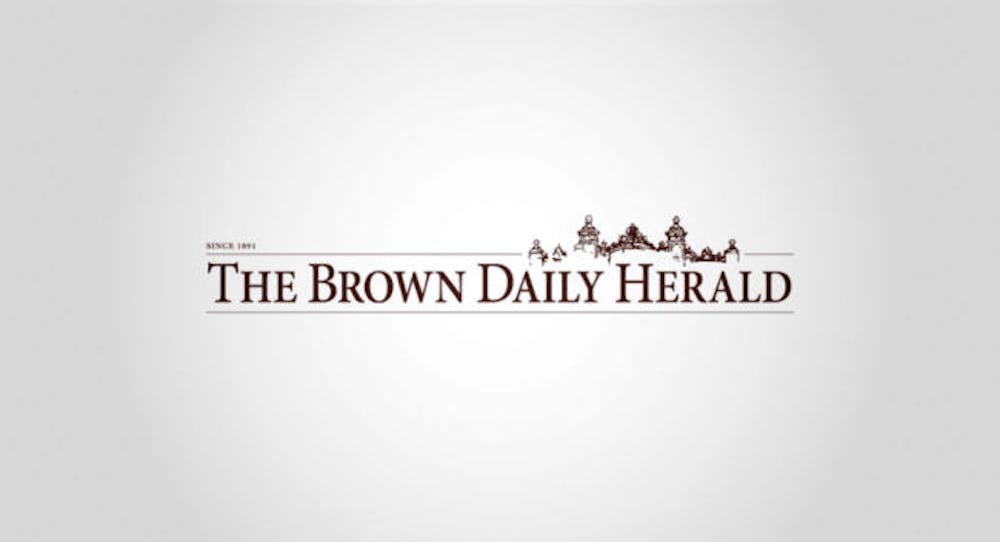About 40 years ago, one in five American workers were union members; though membership has dropped to about 10 percent since then, labor is still an essential part of the American political landscape. As graduate student unionization efforts become increasingly prevalent, the 2020 elections could affect labor across the country and on campus.
The long-recognized importance of labor was codified through the passing of the Wagner Act, which led to the creation of the National Labor Relations Board in 1935. According to its website, the NLRB’s mission is to safeguard employees’ rights to organize and join unions and to remedy unfair labor practices.
The NLRB agency hears and rules on cases, and its five-member Board is empowered to engage in rule-making — a lengthier process, not tied to a particular case, that creates a precedent that is difficult to overturn. Once a rule is in place, later judgements by other agencies cannot overrule it. A rule can only be changed by once more engaging in the NLRB rulemaking process.
It is through the Board of the NLRB — whose members are appointed to five-year terms on a staggered basis by the President of the United States — that politics enters the NLRB. As a result of this appointment process, the political party in control of the White House is usually able to create a political majority on the NLRB quickly. As a result, the Board usually follows the Commander in Chief’s political leanings.
The case of graduate student labor is illustrative of the Board’s seesawing tendencies. In a case about graduate student labor at New York University in 2000, the Board supported grad students’ right to collective bargaining. That Board’s members had been elected during President Bill Clinton’s term.
Four years later, with President George W. Bush’s appointees on the Board, it ruled against grad students’ right to collective bargaining. At the time, there was a graduate student unionization movement at Brown, and the University brought the case that led to this ruling before the NLRB. Although graduate students had already voted to decide whether or not to form a union, the ballots were destroyed with the outcome unknown.
Another 12 years down the line, after President Barack Obama had appointed members to the Board, it ruled in favor of grad student collective bargaining once more. Two years later, in 2018, Brown graduate students voted to form a union through Stand Up for Graduate Student Employees, The Herald previously reported.
This pattern of reversals continued once President Donald Trump’s nominees joined the Board. But the current board is not making an ad hoc ruling on a case; rather, it is proposing a new rule. This distinct process would be much more difficult to reverse, setting a strong precedent in a weak area of labor law.
The proposed rule would exempt private universities from having to recognize graduate student unions. This would, for instance, allow Brown to abandon its ongoing contract negotiations with SUGSE. While the rule would not prevent private universities from recognizing graduate student unions, it would exempt them from the legal responsibility to do so.
The rule was proposed in Sept. 2019 and is currently under a review period. The NLRB is taking and reviewing comments about the issue, having extended the review period numerous times since September. The NLRB must review all comments before it can implement the proposed rule.
According to a pre-election agreement signed in June 2018 by the University, SUGSE and its union affiliate — the American Federation of Teachers — the University would have “no further obligations to the union” if the rule were to take effect before the University and the union reached a collective bargaining agreement, The Herald previously reported.
The University has not committed to continued bargaining should the rule absolve it of its obligations before contract negotiations are complete.





